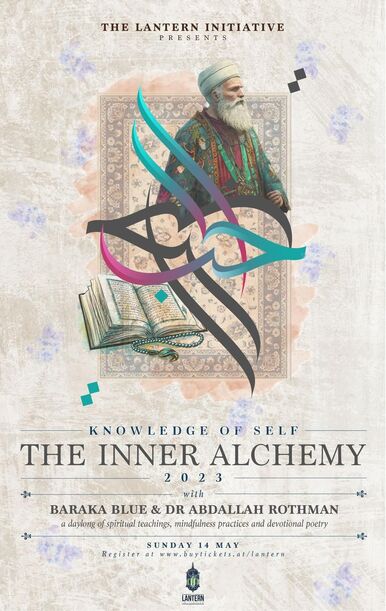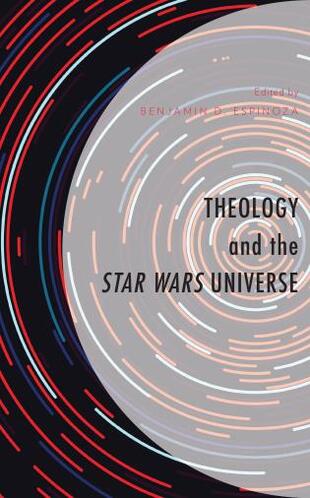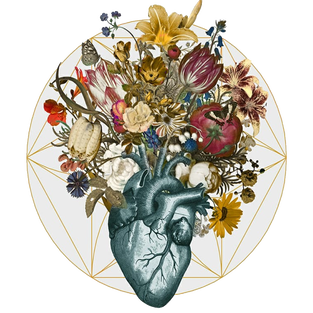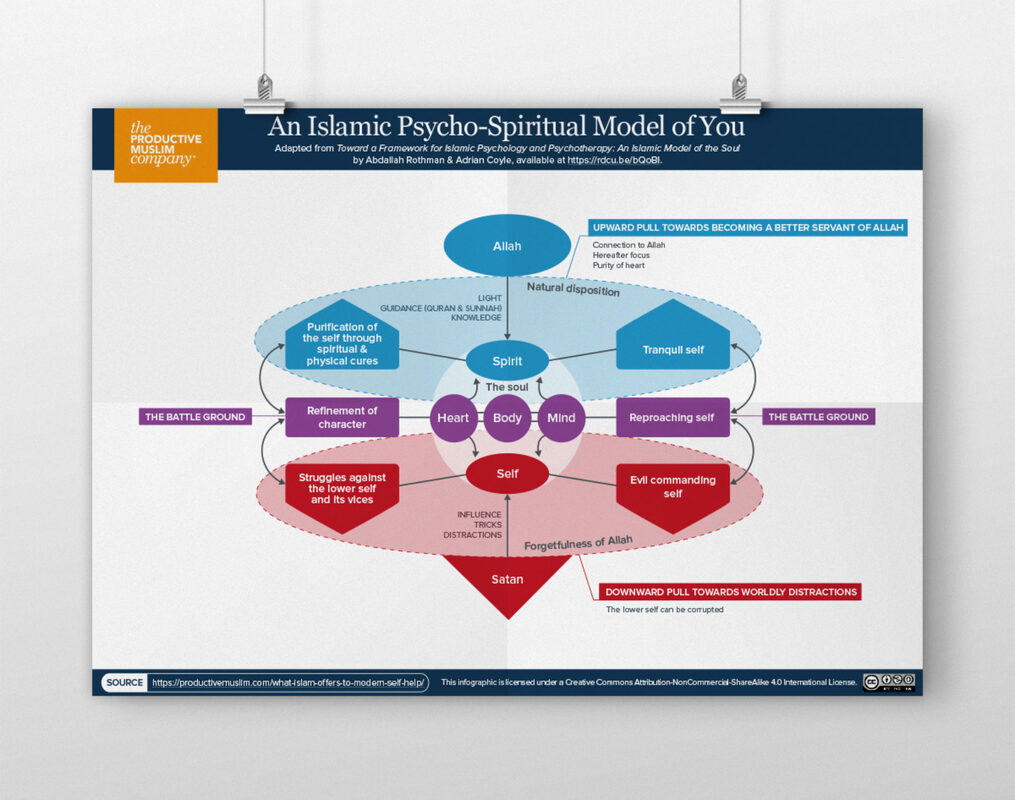|
A Daylong of Spiritual Teachings, Mindfulness Practices and Devotional Poetry
In this daylong retreat, Baraka Blue and Dr. Abdallah Rothman will take us through an exploration of the major themes of Islamic spirituality and psychology drawing especially on al-Ghazali’s Alchemy of Happiness and Rumi’s Masnavi. Date & Time: Sunday 14th May | 10am-6pm Venue: Winstanley House Hotel | Hinckley Road | Leicester | LE3 1HX Lunch and refreshments included | Limited spaces available | Registration required | £125 per person In this lecture, Dr. Abdallah Rothman discusses the path of Islam as a continuous process of self-development and transformation towards surrendering to Allah's will. Acts of worship are intended to be transformational, not just transactional. The guidance found in the Islamic tradition requires self-discipline and a constant struggle against our inner selves. Dr. Rothman outlines the "6 M's" for transformation, which are based on Book 38 of Imam Al-Ghazali's "Revival of the Religious Sciences," titled "On Vigilance and Self-Examination." This lecture is part of Cambridge Muslim College's Ramadan series "Educate, Elevate, Illuminate"
Throughout the month of Ramadan Dr. Abdallah is doing a weekly series of short talks as part of the "Afternoon Anchors" series for Cambridge Muslim College's Ramadan program: Building an Ark. Each talk focuses on the Qur'anic themes of travel and journeying and gives practical insight into how to deepen our psycho-spiritual development throughout the month to work toward maximizing our potential. Subscribe to the youtube channel to be notified when these and other great daily talks are released live daily throughout Ramadan.
Our lives are incredibly busy. Maybe even chaotic. Between taking care of our children, schoolwork, working from home, even homeschooling, maintaining the household, connecting with family - and everything in between - the burnout is inevitable. Oftentimes, taking care of yourself is a distant afterthought. But how do we find the power in parenthood if our power reserve is running on empty? What can parents do to realize the importance of self care in our everyday life? How does Islam promote self care? Dr. Abdallah Rothman joined Noor Kids' 'Powerful Parenting Speaker Series' to discuss: - What is self care? - How has the idea of self care evolved in today’s world? - What does Islam say about self care? - Self care as ibadah and as self love - How can parents begin to prioritize self care? - 3 practical steps to self care Throughout the month of Ramadan Dr. Abdallah is doing a weekly series of short talks as part of the "Midday Meditations" series for Cambridge Muslim College's Ramadan Live program. Each talk focuses on the Qur'anic themes of nature and agriculture and gives practical insight into how to deepen our psycho-spiritual development throughout the month to work toward maximizing our potential. Subscribe to the youtube channel to be notified when these and other great daily talks are released live daily throughout Ramadan.
Dr. Abdallah talks about the importance of psycho-spiritual introspection in one's orientation to the practice of Islam and how religious obligations should be transformational rather than simply transactional. If we look to avoid difficulty or hardship and attempt to overlook our inner state, we can fall into 'spiritual bypassing', where we use belief and ritual as a replacement for doing the inner reflection and hard work of healing our hearts. Islam requires us to do both, and if we orient ourselves to the practice of the religion in this way, the obligatory acts of worship and remembrance can and should become transformational.
Dr. Abdallah Rothman joined Baraka Blue once again on his Path & Present podcast, this time to discuss the impact of the Coronavirus pandemic on our mental health and wellbeing, and the challenges and opportunities that isolation affords. They discuss the notion of retreat in light of the month of Ramadan coinciding with many people's current status with stay at home orders, and how people can adapt to the situation, cope, and use this as an opportunity for growth.
The human being is body, mind, heart, and spirit. Often times, the self-help industry ignores this truism which brings about hidden, often unintentional misguidance that can lead to spiritual crisis, or worse, distance from our connection with God.
In this thought-provoking article, Dr. Abdallah Rothman shares powerful points including:
|
AuthorAbdallah Rothman Categories
All
Archives
September 2023
|





 RSS Feed
RSS Feed